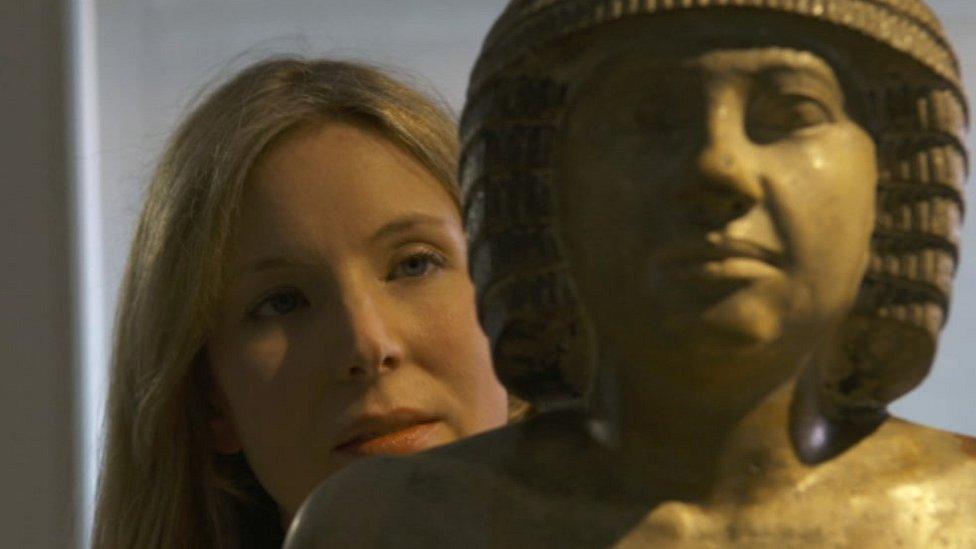Sekhemka Egyptian statue sale prompts museum ethics code change
- Published
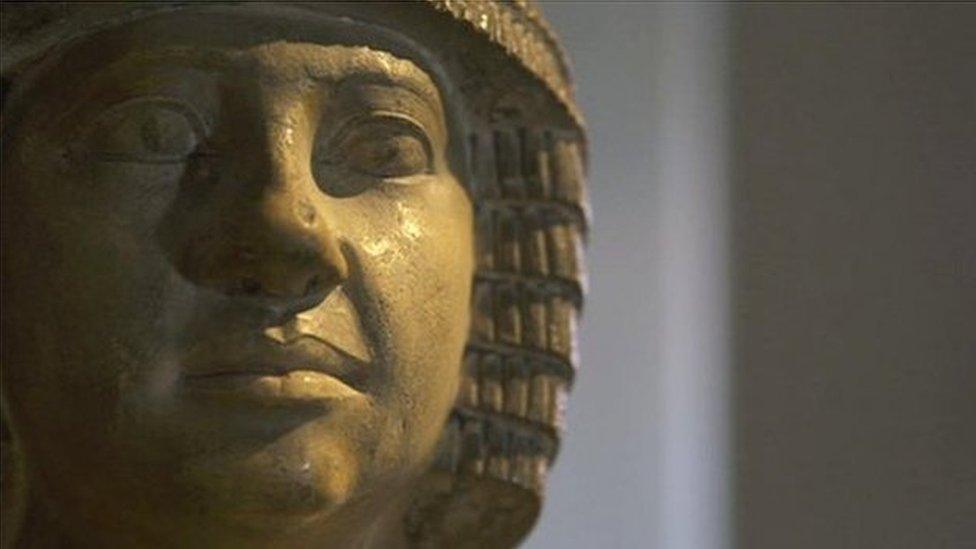
The Sekhemka statue sold at auction for more than £15m in 2014
The £15m sale of an ancient Egyptian statue has prompted a change in the code of ethics issued to museums.
Northampton Borough Council said it sold the statue of Sekhemka in 2014 to fund expansion of its museum.
The Museums Association has warned organisations not to dispose of items for financial gain unless it benefits wider collections.
It will mean if a museum wants to sell an item, it can only do so "as a last resort" after exhausting other options.
When it put the statue up for auction, Northampton Borough Council said the cost of insuring it had become too high and the money was needed for a £14m extension to Northampton Museum and Art Gallery.
Culture Minister Ed Vaizey placed a temporary export bar on the limestone statue because it was considered to be the finest example of its kind anywhere in the world.
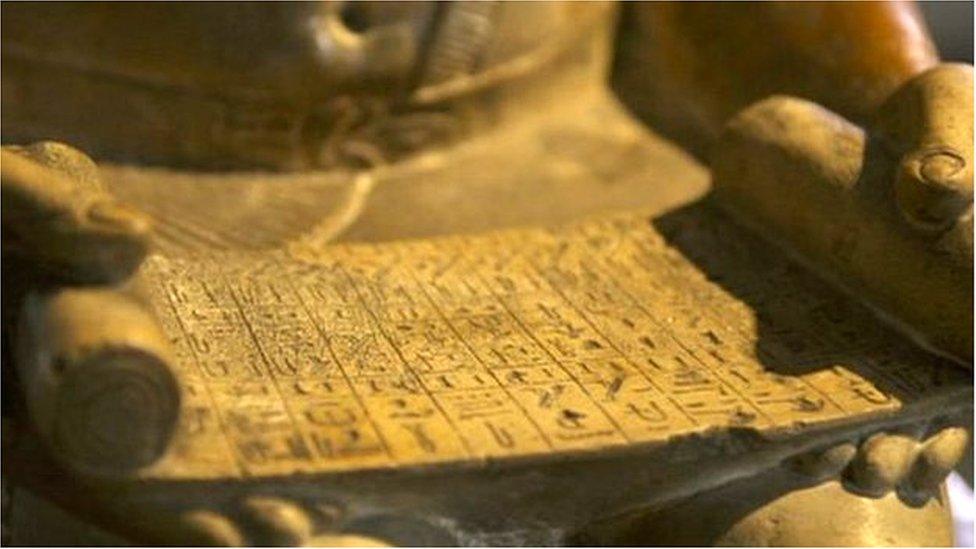
The statue of Sekhemka shows him reading a scroll and would have been placed in his tomb
The Museums Association barred the council from membership for five years over the sale.
It said to gain re-entry, the local authority would have to prove it was following the renewed code of ethics.
Sharon Heal, from the Museums Association, said she believed the council had lost out on potential visitors by selling the statue.
Sekhemka could have been part of an Egypt exhibition featuring collections from provincial museums due to open this week and would have "put Northampton on the map", she said.
Ms Heal believed the statue would be stored until export approval was granted to its new overseas owner, and would never be seen in public again.
The Save Sekhemka Group campaigning to keep the statue in the UK is expected to comment later.
- Published11 August 2015
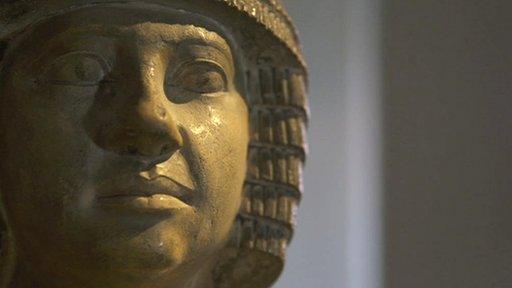
- Published28 July 2015

- Published26 July 2015

- Published22 July 2015

- Published31 March 2015

- Published30 March 2015

- Published4 November 2014
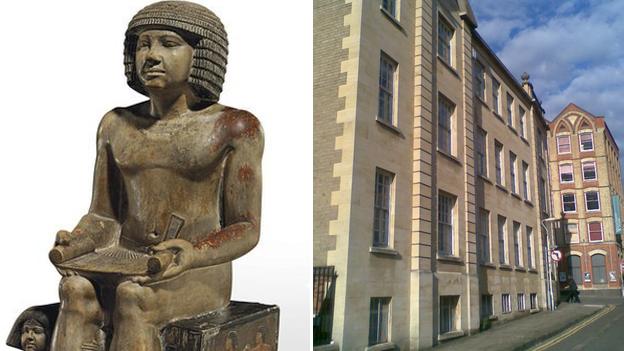
- Published10 July 2014
